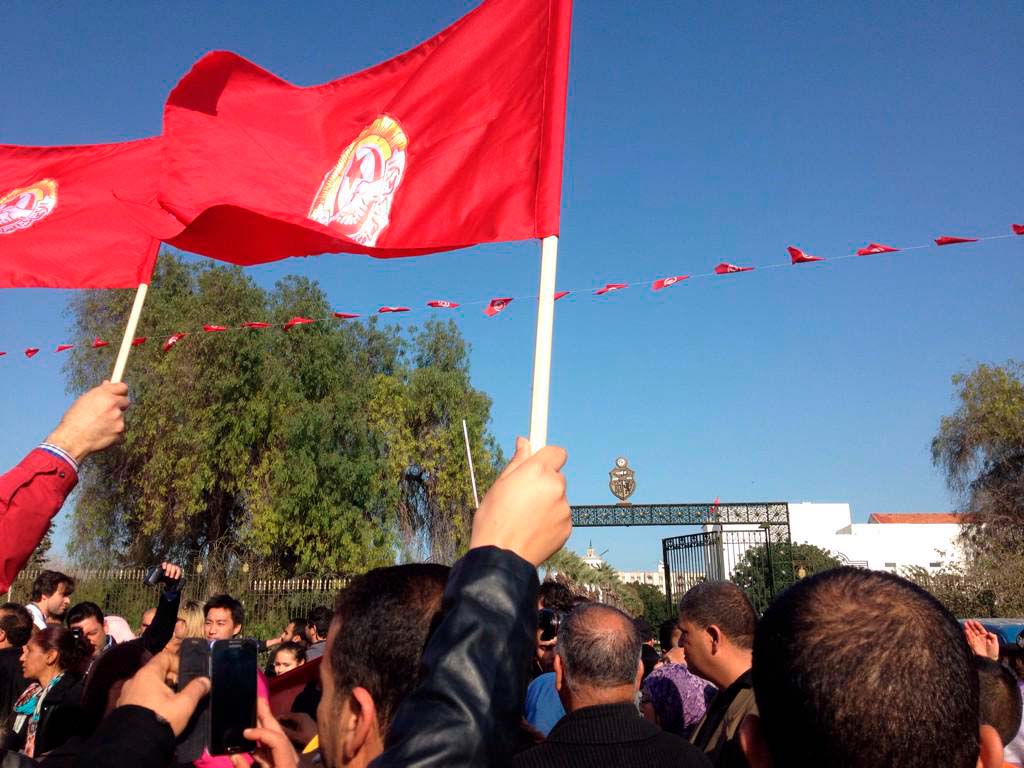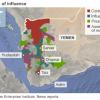Tunisia is the only country of the so-called ‘Arab Awakening’ where democracy is consolidating. This has earned it enemies in a region marked by autocratic regimes and extremist ideologies opposed to political pluralism and social diversity. The absence of bad news since the fall of Ben Ali served to keep this North African country out of the headlines of the international media. To the misfortune of Tunisians, media neglect came to an abrupt end on March 18 with the perpetration of a new terrorist outrage.
The aim of the slaughter in the Bardo Museum is threefold: to try to derail the promising democratic transition; to torpedo the economy by hitting the all-important tourism industry; and to drag Tunisia into a scenario of Jihadismthat generates chaos. The Tunisian transitionis still fragile and needs to address serious and pressing challenges at two levels: socioeconomic conditions (creating and fairly distributing wealth) and security (combating terrorist groups that, until recently, had focused their attacks on the army and security forces).
A failure by the existing leadership to provide solutions to these challenges may well lead to growing social frustration and political instability. Such a climate could be seized upon by the more hard-line elements (including those of the former regime) in an attempt to go back to an authoritarian system. Under this scenario, they would use the promise of restoring law and order as a lure to attempt to gain ground. Matters would only reach such a pass if there were a fracturing of the consensus that has so painstakingly been constructed in Tunisia, a consensus that distinguishes the country as a unique case in contemporary Arab politics.
Over the past four years there have been several instances in which the Tunisian people have been an example: first, by deposing an autocrat by peaceful means; then, by voting freely for a range of political options; and, no less difficult, by building a consensus in order to establish ground rules and equip themselves with the most democratic constitution in Arab history. The first reactions to the attack, with thousands of people taking to the streets of the capital to demonstrate against terrorism, are encouraging and highlight the fact that there is a Tunisian society that exhibits a significant civic maturity.
No one says that political transitions after long periods of authoritarianism are easy, and the Tunisian example has proved to be no exception. Certain key factors account for the success of the Tunisian transition to date. First, no single player has found a way of imposing itself on the others. Neither the ancien régime of Ben Ali, nor the Islamists of Ennahda, nor the armed forces had the resources, the support or the perception to try to marginalise the other political and social forces and launch a lone bid for power.
Unlike in other countries in the region –notably Egypt, Libya and Syria, where an attempt has been made, with varying degrees of violence and brutality, to impose the logic of the zero-sum game–, the winner does not take all in Tunisia. Furthermore, Tunisian civil society has been vigilant and ready to mobilise in order to avoid committing the same mistakes made by neighbouring countries. It was also quick to respond in 2013 when the assassination of two opposition leaders threatened to derail the transition.
Despite this brutal attack, Tunisia has not had to contend with widespread insecurity or large-scale violence since the dictator’s fall. Indeed, the transition has been peaceful in relative terms, compared to both regional and global precedents. That said, the presence of a small number of violent radicals represents a serious threat to the State and, more alarmingly still, they are capable of inflicting enormous damage on the country’s economy and image through actions that do not require large resources. The instability and violence in neighbouring Libyais an added cause for concern, given the threats that could emanate from that quarter.
If the Tunisian transition fails and if the EU is unable to support and protect with all the means available the only democracy in its immediate southern neighbourhood, then Europe would effectively be acknowledging and accepting its irrelevance as a global actor. It is in the interests of many to abort the democratic experiment in Tunisia, starting with those who do not want this ‘malaise’ to spread to their own countries. In this, as in other instances, the best weapon against terror is more and better democracy.



